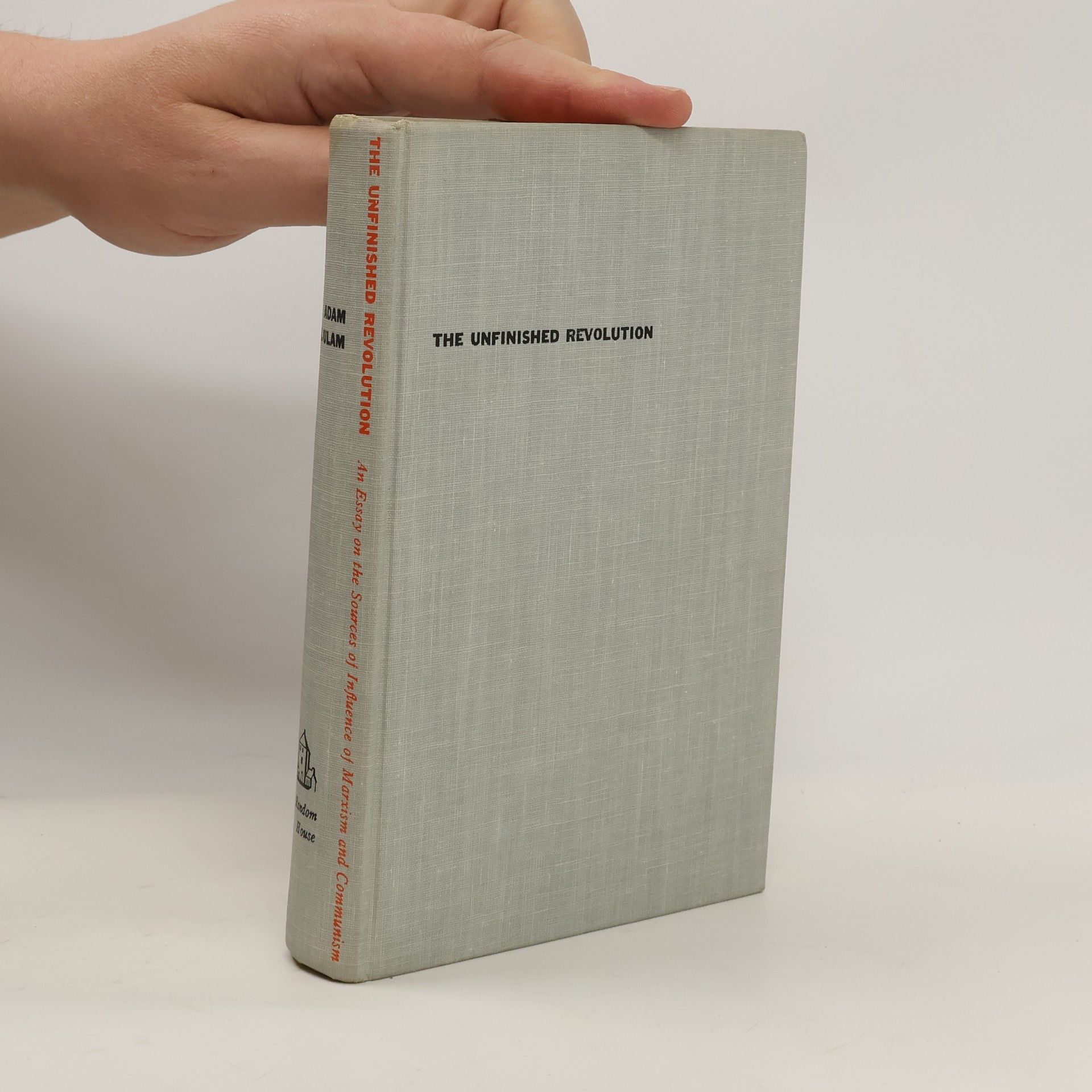Adam B. Ulam Boeken
8 april 1922 – 28 maart 2000
Adam Bruno Ulam was een Pools-Amerikaanse historicus en politicoloog, erkend als een van 's werelds toonaangevende autoriteiten op het gebied van Rusland en de Sovjet-Unie. Hij schreef talrijke boeken en artikelen, waarin hij diep inging op de complexe geschiedenis en politiek van Oost-Europa. Ulam's benadering bood lezers uniek inzicht in de cruciale gebeurtenissen en intellectuele stromingen die de regio vormden. Zijn werk bood een diepgaand begrip van de drijvende krachten achter dit vitale deel van de wereld.


